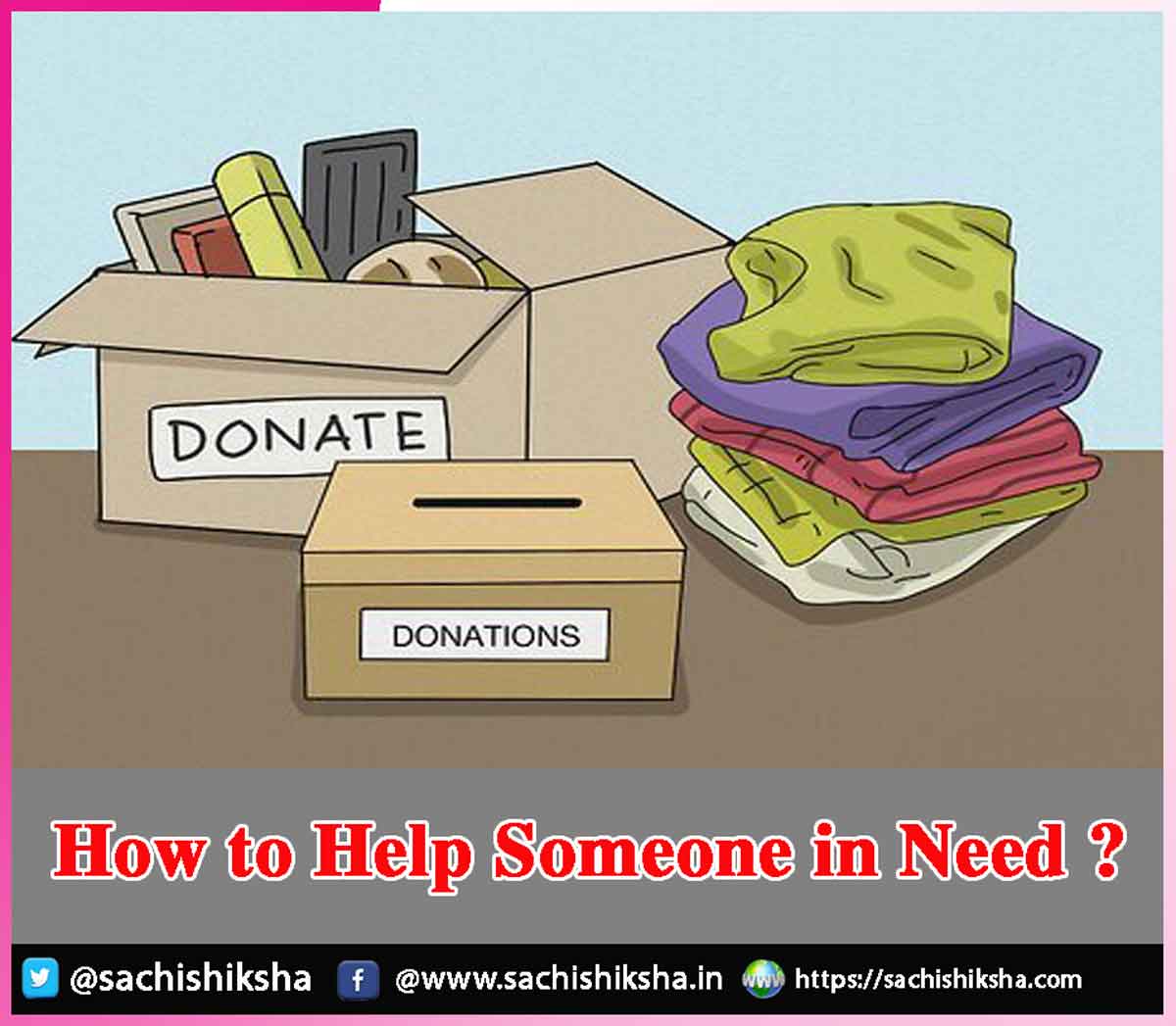How to Help Someone in Need ?
Helping someone in need is one of the most meaningful and human things we can do. It goes beyond charity or good intentions—it’s about empathy, action, and presence. Whether it’s a friend going through a rough patch, a stranger in distress, or a community facing crisis, offering help can make a lasting difference. But knowing how to help, and doing it in a way that truly supports the other person, requires sensitivity, thoughtfulness, and care.
The first step is to notice. Often, people don’t say outright that they need help. They might be too proud, ashamed, or simply not know how to ask. Look for signs—changes in behavior, mood, or appearance. Someone who’s usually talkative may grow quiet. A person who’s always punctual might suddenly become withdrawn or unreliable. Being observant and attentive to these changes is the first way to show you care.
Next is reaching out. A simple “Are you okay?” or “I noticed you’ve been quiet lately—want to talk?” can go a long way. The goal isn’t to pry, but to create a safe space for the person to open up. Sometimes, just knowing someone is willing to listen is enough to ease the burden.
When someone does open up, listen without judgment. Resist the urge to fix things immediately. Often, what people need most is to feel heard and understood. Don’t rush to offer advice unless they ask for it. Instead, be present, patient, and sincere. Let your support come from a place of empathy, not pity.
Offer specific help rather than general statements like “Let me know if you need anything.” Instead, say, “Would it help if I cooked dinner for you tonight?” or “I can drive you to your appointment.” Clear, concrete offers are easier to accept and show that your intention to help is real and practical.
In some situations, helping also means connecting them with the right resources. If someone is struggling with mental health, financial issues, or domestic problems, they may need professional support. Help them find a counselor, a helpline, or a community service. Sometimes, being the bridge between someone and the help they need is the most powerful thing you can do.
Also, remember to respect boundaries. Not everyone will be ready to accept help, and that’s okay. Let them know you’re there without pushing too hard. Support is not about control; it’s about care.
Lastly, continue checking in. Support doesn’t end after one conversation or one act. Healing and recovery take time, and consistent kindness can be a quiet but powerful source of strength.
Helping someone in need isn’t about having all the answers—it’s about showing up, with open hands and an open heart. Sometimes, just being there is the help that matters most. In a world that can often feel cold or distant, your willingness to care can be the warmth someone desperately needs.

















































